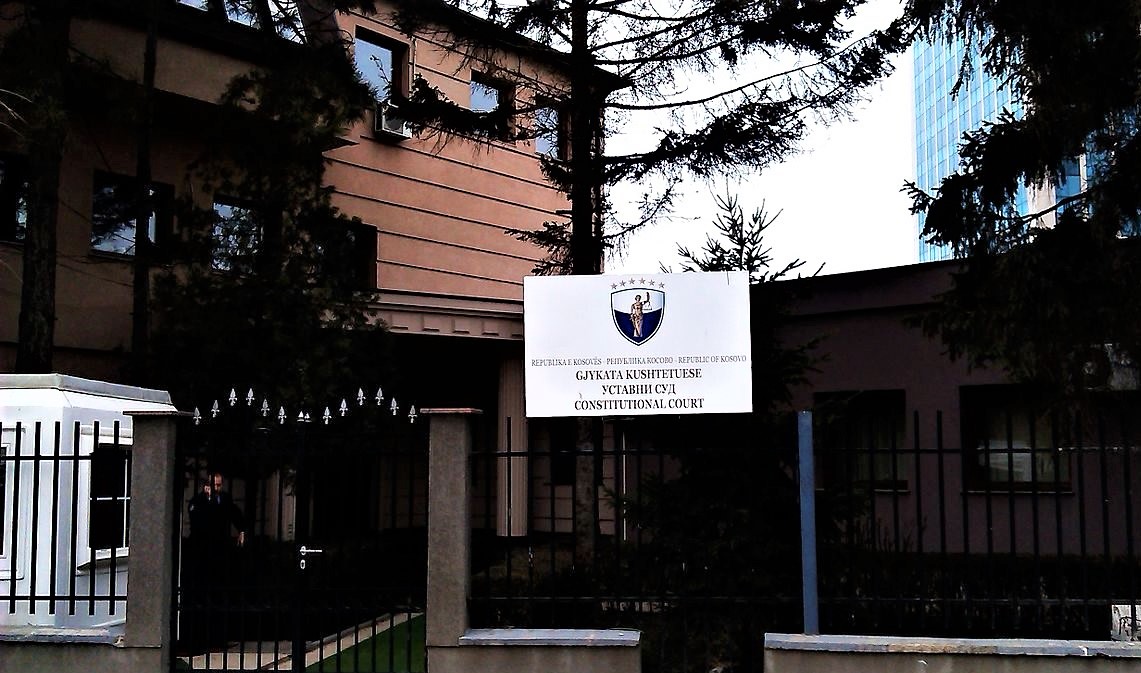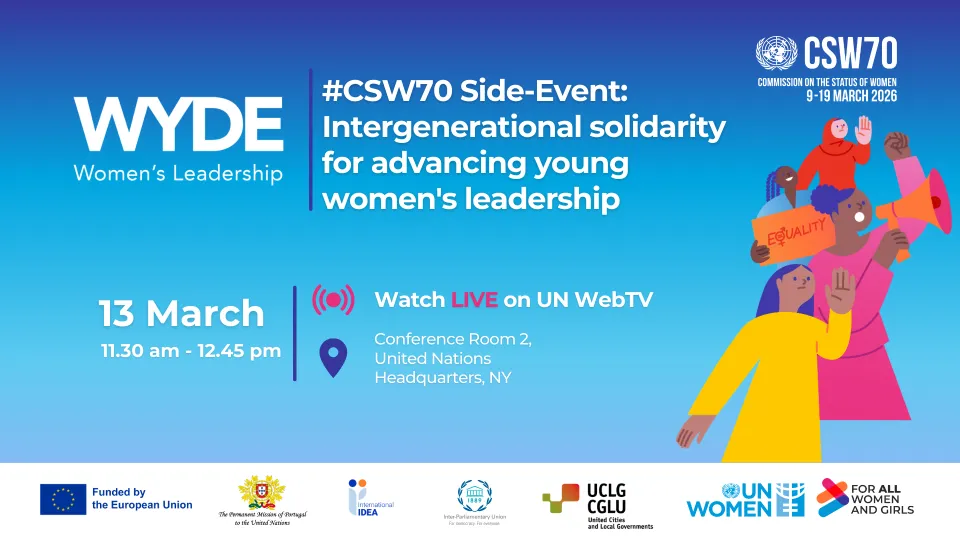
The country is destined for more political turbulence – whatever line the Constitutional Court takes on the President’s attempt to form a new government.
This Commentary was originally published by BIRN’s English language website Balkan Insight.
Like the rest of the world, over the last couple of months Kosovo has been grappling with the spread of the COVID-19 pandemic. Unlike the rest of the world, however, the country has also been caught up in the whirlwind of another crisis.
Unlike the pandemic, whose causes originated elsewhere, this second crisis was triggered by internal political wrangling, and involved the sudden implosion of a newly constituted government.
The result of the last parliamentary election in Kosovo of 6 October 2019 sent tremors through the political spectrum. For the first time in the country’s post-war history, none of the established parties won.
The so-called “war-wing” parties, so termed because their leaders are all former commanders of the Kosovo Liberation Army, KLA, that fought against the Serbian government in the 1998/99 war, were in for a shock.
As the results of Central Election Comission showed, the once dominant Democratic Party of Kosovo, PDK, came third, winning just over 21 per cent of the votes. The Alliance for the Future of Kosovo, AAK, won over 11 per cent. Aside from the war-wing parties, the Democratic League of Kosovo, LDK, the party of the late Dr Ibrahim Rugova, who led the non-violent resistance against Serbia in the 1990s, came second with 24.5 per cent the vote.
The novel aspect of this election was the victory of Vetevendosje, the Self-Determination Movement, VV, which came first with 26.2 per cent of the votes.
The message was clear: many people wanted a shift from the way the government had been run over the last 20 years. Besides a high unemployment rate, a stagnant economy and a statehood unrecognised by Serbia and its allies, politics in Kosovo had become synonymous with corruption, clientelism and “state capture”.
The parties culpable for this dire situation are widely considered to be those that have held power to date. Together with the “war-wing” parties, the LDK also shared responsibility for this legacy of bad governance; it was part of most governments over the last two decades.
The best time for a vote of no confidence?
Despite their eventual agreement over a coalition programme, the coexistence of Vetevendosje and the LDK proved short-lived.
The spark that instigated the government’s fall was Prime Minister Albin Kurti’s sudden sacking of the LDK Interior Minister in a dispute over the handling of the pandemic.
In a politically charged debate about whether Kosovo needed to declare a state of emergency to fight COVID-19, Prime Minister Kurti insisted it was not necessary. The opposition parties and President Hashim Thaci considered that it was.
The issue was not academic. If a state of emergency was declared, the President would chair the country’s Security Council. If no emergency was declared, the government would continue to implement measures under the leadership of the Prime Minister.
The acrimonious relationship between Thaci and Kurti did not help.
Besides the chronological order of events, three underlying factors were at play here, two of them related to internal politics and the third dependent on external relations.
The first was that the leadership of the LDK – the junior partner in the government – comprised two strands of membership. The first, led by Vjosa Osmani and possibly some others who would rather stay discreet, due to the risks of openly challenging the party’s establishment, is reformist, cooperative with Kurti’s party, and uncompromising with the established political clique responsible for corruption and capture of institutions.
But the second and more dominant strand is led by LDK leader Isa Mustafa, who has the support of an array of members who are deemed close to the “war-wing” parties.
Because of this schizophrenic identity within the LDK, part of the party really tried to make the coalition with Vetevendosje work.
But spite and fear of Osmani’s growing popularity, and the prospect of being sidelined in the party, prompted the old leadership to sabotage the partnership with VV. Their hearts were not committed to this political marriage. For them, it was too big of a gamble.
The second factor was the uncompromising political attitude of Kurti as Prime Minister to the LDK.
Coming from a position of resistance and dissent, with a clean track record as politician – very rare in the Western Balkans – Kurti came to power pledging an uncompromising fight against corruption, crime and clientelism.
However, in his quest to do that, he acted abrasively towards the LDK and its ministers. Rather than presiding over a coalition of partners, this government felt like a diktat at times.
While the LKD was the junior partner, it did not forget that the difference between their votes in the election was minute – just over 1 per cent of the overall vote.
In hindsight, Kurti could have taken a more careful, inclusive and diplomatic approach towards the LDK, and done more to keep them informed and on board with all decisions taken by the government.
However, since the October 2019 elections, polls have indicated that Kurti’s party is becoming more popular. The prospect of snap elections is, therefore, appealing to it, raising the hope that it could govern by itself.
This seems to have been part of the reason for Kurti’s abrasive approach towards the LDK: by pushing the government over the precipice, he would precipitate early elections that could deliver VV a resounding victory.
However, such calculations are risky, primarily because the polls might not prove correct – which means that even if VV wins the next elections, their overall vote may not be over 50 per cent.
They would then still have to govern with another party, which begs the question, why break ranks with the LDK in the first place? Also, for a fledgling democracy, such as Kosovo’s, a government run by just one party may lead towards democratic backsliding.
In a country where there has been so much corruption in the name of government in the past, the rule of law could easily descend into the politics of revenge. Therefore, even if coalition governments are frustrating arrangements, they could provide for more effective checks and balances in the circumstances.
The third factor relates to Kosovo’s external relations, particularly the pending talks with Serbia. In fact, the main reason for the fall of the Kurti government could well relate to the stalled dialogue with Serbia, coupled with the US’s increasing pressure on Prime Minister Kurti to agree to a compromise solution.
The US envoy on Kosovo-Serbia, Richard Grenell, has been criticised for emplying bullying tactics towards the Kosovo government and Prime Minister Kurti personally.
The reluctance of Kurti to play along has to do with fears that the favoured US solution to Kosovo’s status involves de facto partition and a land-swap with Serbia, which could trigger unrest in the region.
The fear is that such a deal has already been prepared between President Thaci of Kosovo and President Aleksandar Vucic of Serbia.
Grenell does not seem particularly interested in the long-term ramifications of such a deal, but is rather looking for a quick-fix win for the Trump administration on foreign policy ahead of the presidential elections in the US later this year.
In view of the above, Kurti may have reasoned that it might be better for the government to collapse rather than be pushed into a bad deal.
Thus, while internal politicking provided plenty of reasons for the break-up of the coalition, relations with Serbia likely ultimately brought down the government.

No court decision is likely to satisfy everyone
Rather than call snap elections after the no-confidence vote in Kurti’s government, President Thaci controversially issued a decree on 30 April nominating the LDK to form a government, based on the October election results.
Vetevendosje cried foul, accusing Thaci of overstepping his constitutional competencies and interfering in party politics.
This bickering has deepened the wounds in the body politic of Kosovo. Even more disconcertingly, such divisions are being felt among the population as well.
By, or on, May 29, the Constitutional Court is due to issue a verdict on the way forward.
However, regardless of its verdict, the country looks poised to enter turbulent waters. Social and political schisms may now be too entrenched for any court decision to appease. These are the court’s options when issuing that verdict.
Under the first outcome, the Court could decide that the President’s decree was unconstitutional and so null and void. This would trigger snap elections that would present a serious technical challenge.
Considering the current pandemic restrictions, it would be doubtful whether the authorities could ensure free and fair, but also safe and widely accessible, elections. However, if the rate of infections continues to fall, circumstances may allow elections to take place.
This outcome could end President Thaçi’s career. His mandate expires in April 2021. If snap elections produce an overwhelming win for VV, the new parliament would most likely not vote for his second term as President.
However, for the President and his political allies within the PDK, the LDK and others, this might be too bitter a pill to swallow. They would stand to lose all power and privilege, as this scenario entails the definitive overthrow of the old political order and the ushering in of a new political elite, led by Kurti’s VV.
Their reluctance to give away could result in social unrest, instigated by people who are still loyal to the President and his allies.
Under the second outcome, the Court finds in favour of the President’s decree and opens the legal route for a parliamentary vote on the new government. This would be problematic for VV and Prime Minister Kurti, as they would view such a decision as day-light robbery, embellished in judicial clothing.
They have already sent signs that they would see a decision in favour of the President’s decree as illegal, and that it should therefore be resisted. Calls for protest and social unrest are already flying around social media.
Under the third outcome, the Court issues a ruling that lacks linguistic clarity and decisiveness and is embellished in a complicated judicial jargon that is not easy to code. For example, it could pass the ball back to the President, so that he tries to nominate the VV to form a government once again. And, if VV does not then put forward a name, as it did last time, Kosovo could be back in square one.
It is not unlikely that both sides – Kurti and his party on one hand, and Thaci and others on the other – declare the Court decision a victory for them. This would produce a very convoluted and twisted situation, in which everyone claims legitimacy for their own actions.
May 24 marked the first day when no new cases of COVID-19 were registered in Kosovo. It was cheering news for the country, but not a sign that the internal political crisis was dissipating. Au contraire.




